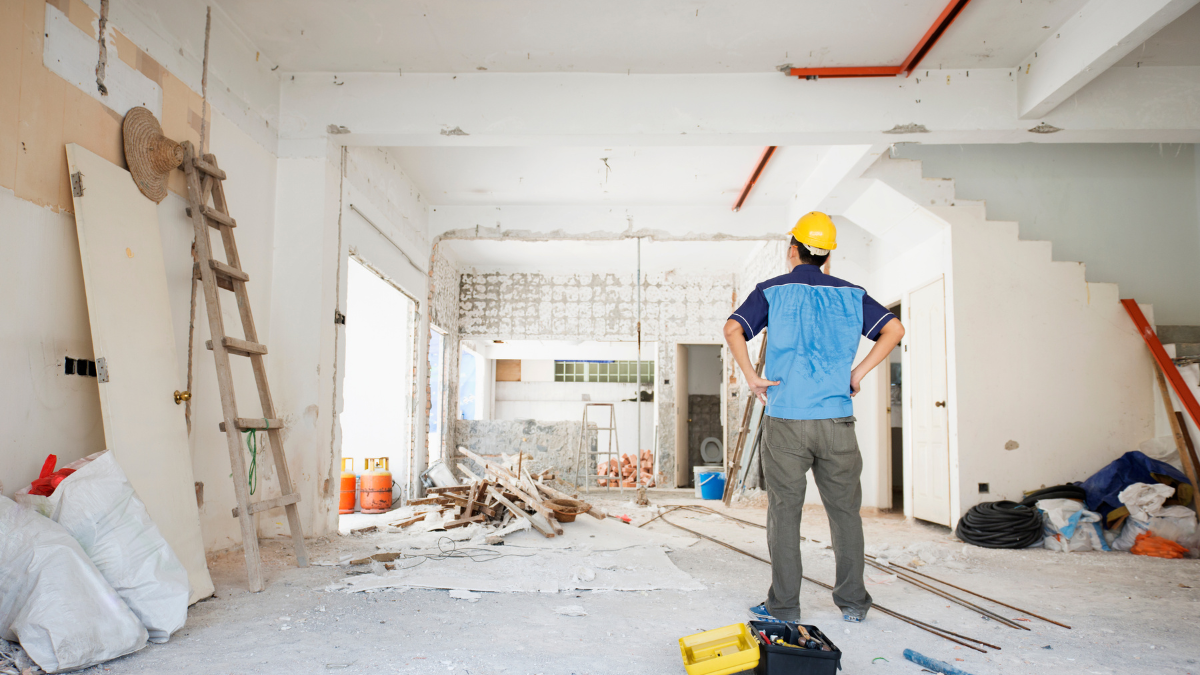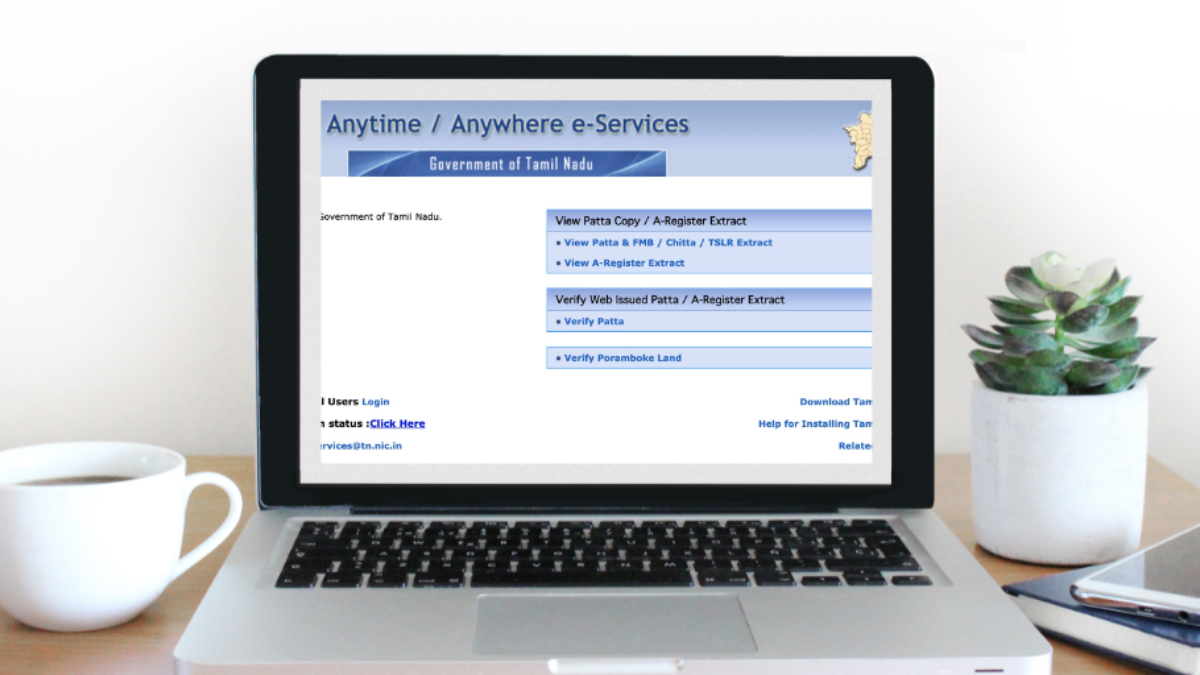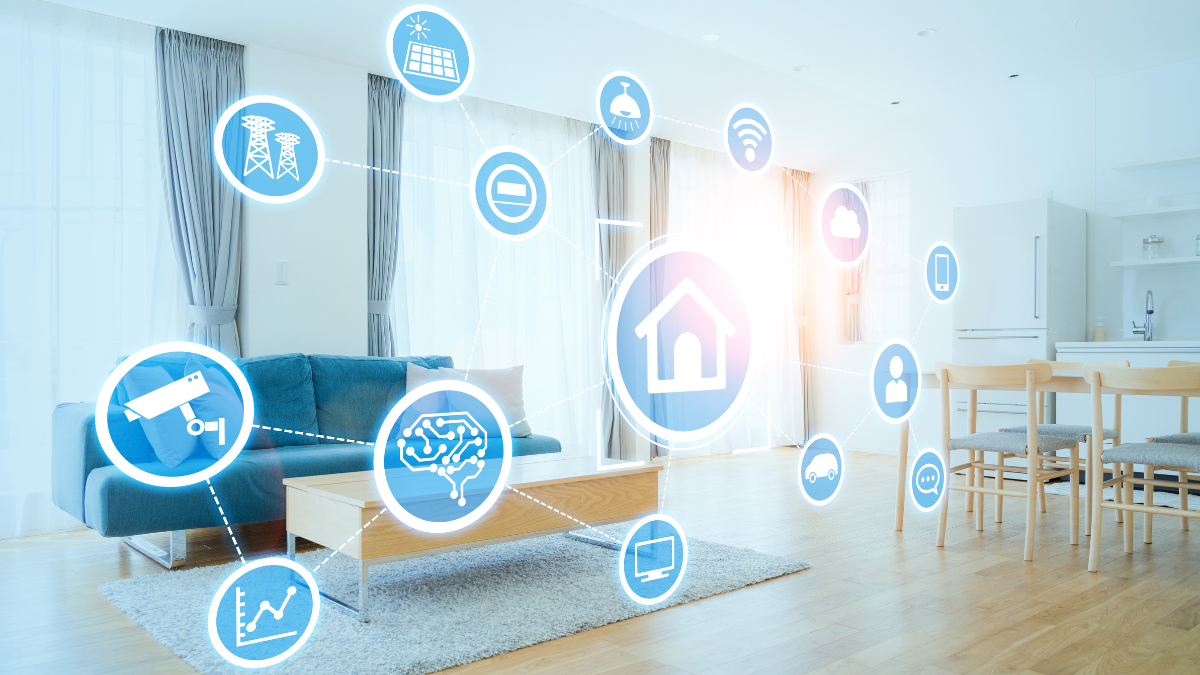Many of us struggle with the decision of whether to shift to a different house or renovate the existing home at some point in our lives. Previously, everyone wanted their home to be small and cozy. A sizable drawing room, bedroom, kitchen, and bathroom seemed more than enough. However, when you start living, you add more things to your home, and as the family grows, it feels like you are running out of space. As this thought hits your head, you land in a dilemma of whether to opt for renovating or shift to a different house altogether.
Shifting your home
Shifting means moving to an entirely new place and simultaneously a new neighborhood. If you choose to shift, you can select a house of your preference, a large or small home, and choose a better location and community. Besides this, you can select an area near schools, offices, and the marketplace. These options would not be available to you in case of renovation. Shifting can help bring the significant change in life that you had wished for, for a long time. If you and your family want to start afresh, shifting is the best option.
Advantages and disadvantages of Shifting your home
Advantages of shifting your home
When you shift to a new house, you do not have to deal with any mess. Renovating your house, on the other hand, requires you to deal with a lot of stress and unwanted mess. For example, a big change in the kitchen renovation can leave you with no proper place to cook food for a month. Each room you renovate will take a lot of time and make your life much more hectic and inconvenient. So, if you have enough money, you can easily shift to a new place in a house of your choice. It is a more stress-free procedure.
Remember that you need to keep the cost of furnishing in mind. The new house’s design, floor, wall panels, space, and furnished rooms will cost you accordingly. So, you must find a house according to your taste and budget.
Disadvantages of shifting your home
As already mentioned above, buying a house and shifting may cost you a lot of money. You might consider that the money you will get by selling your previous house will be enough to cover all the expenses. However, packaging all items, moving the furniture, and transporting all the stuff to a new location result in additional expenses. There will be extra charges, legal papers’ fees, commission, and many more. Also, the bigger the family, the more you will need to move and the more costly as well as hectic it becomes.
Renovating your home
Renovating your home means improving it or modernizing the old, damaged, or defective parts of the house to make it look more presentable. You do not have the option of a new location or neighborhood like during shifting. Therefore, the change will not be major. The new change takes place only inside your home. Consequently, it is more cost-effective and involves no hassle of transporting your items and furniture. During the renovation, you can add furniture of your choice, change and modify your kitchen, bedroom, living room, and so on. If you want some budget-friendly change in the house, then renovating is the best choice for you.
Advantages and disadvantages of renovating your home
Advantages of renovating your home
Unlike shifting, renovating does not need you to empty your house altogether. You can move your things to another room when the renovation is going on in one room. A well-strategized renovation will not cost you a lot. The best part is that you can upgrade your house by implementing your desired aesthetic and functionality within a limited budget.
Renovation gives you hundreds of options for customization and modification. For example, when you buy a new house, you may love the bedroom but dislike the kitchen or living space. If you try making changes there, it will cost you additional money. However, customizing one’s already existing home is a lot easier. You can do anything of your choice ranging from changing floors to walls and all within your preferred budget.
Disadvantages of renovating your home
Renovation is the best plan if you plan to modify only a few rooms. If you wish to modify the whole house, it will not be worth all the mess and investment. It is cost-effective when done in a few spaces. You cannot live with the mess if you modify the whole space. For example, when you modify the kitchen, it becomes difficult to cook for weeks. Similarly, you will face problems with each room as they have their own purposes. The daily commotion in your home will get on your nerves someday. In short, you may either have to move out of your house for a month or adjust to living in all the mess.
To conclude, shifting and renovating both have their own benefits. While shifting will give you a whole new address and life, it will simultaneously cost you a lot. On the other hand, renovation is quick but stressful. Therefore, it ultimately depends on your choices and requirements.









